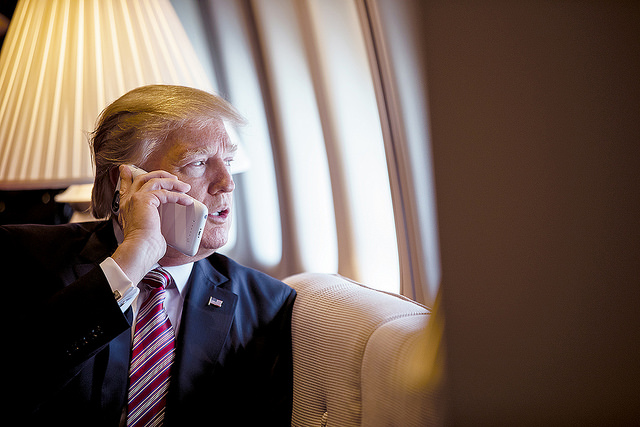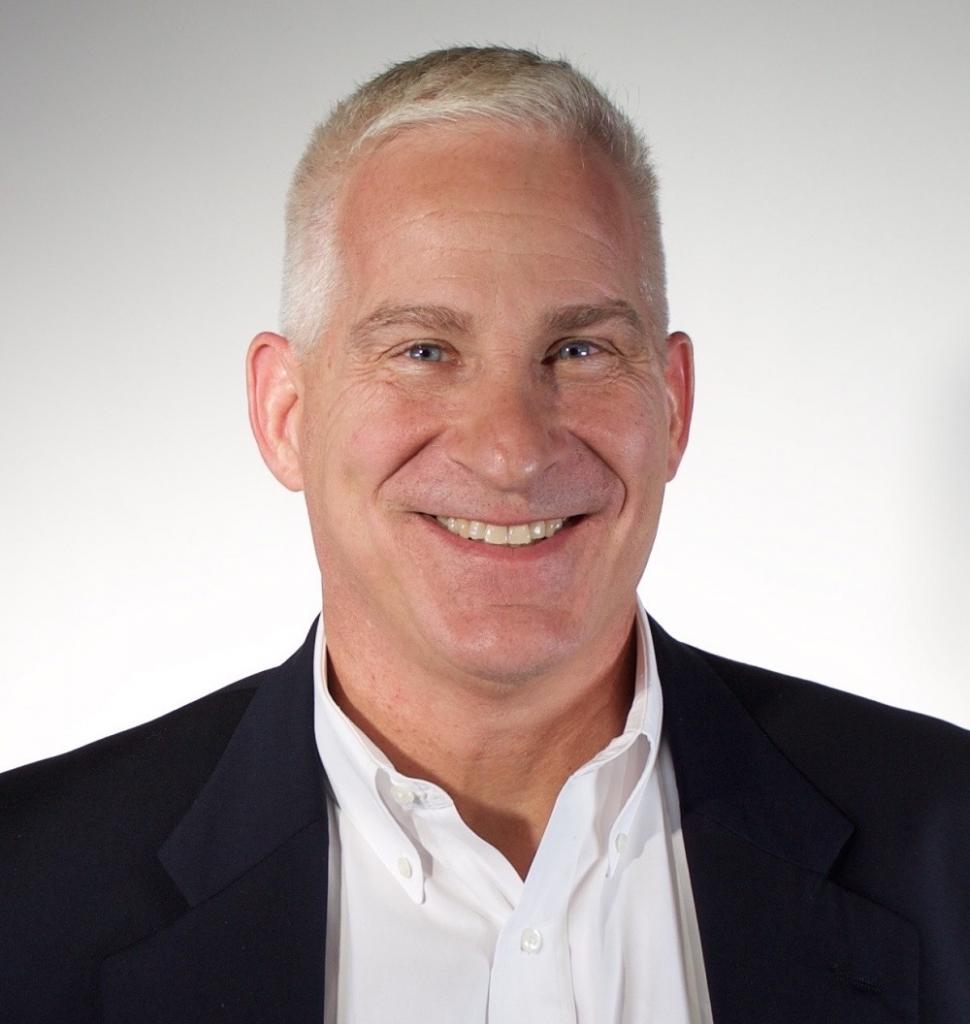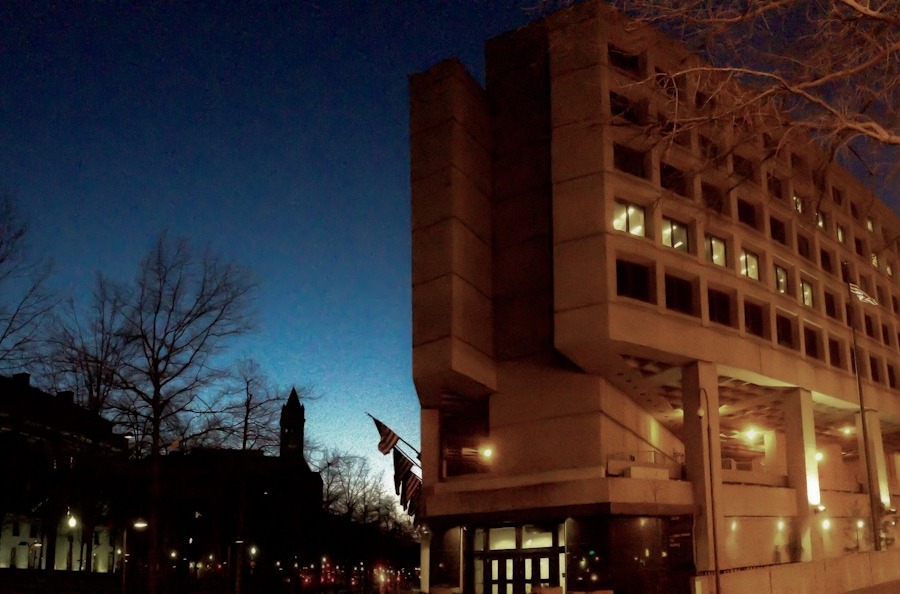Recruiting Intelligence Sources: President Trump Makes a Hard Job Harder
Recruiting intelligence sources is hard at the best of times. And President Trump just made it harder.

Recruiting intelligence sources is hard at the best of times. And President Trump just made it harder.
Observers have rightly criticized the recent efforts of both President Trump and House intelligence chairman Devin Nunes to uncover an FBI source as a blatant, cynical endeavor to derail Robert Mueller’s investigation by translating the normal functioning of governing into something sinister. By using confusing and charged language, Trump seems to believe he can build on his false narrative that there is a deep state—an internal enemy out to get him. Previously, the president crafted that narrative with the similarly unfounded charges that he was wiretapped and his aides were “unmasked” were similar subterfuge. These tactics risk damage to a variety of political and legal norms. They also harm the ability of U.S. intelligence, diplomatic and law enforcement to do their jobs. And this latest instance is particularly dire.
The president and his allies have presented absolutely no credible evidence to support their theory that the FBI and other entities in the intelligence community did anything wrong in the course of conducting a counterintelligence investigation into the Trump campaign. But for intelligence professionals, these recent public charges and accusations will make it harder to develop and recruit new sources in the future. They will also likely put a scare in partner foreign intelligence services who routinely share sensitive information with the U.S.
Spying is a murky business that is little understood outside of the professional agencies that undertake such efforts. This necessary secrecy makes the work of intelligence collection an easy target for people seeking to confuse and scare the public by using charged language like “spy,” “mole,” and “infiltrate.” It also means that it may not be immediately apparent just how damaging the outing of a source in this fashion, by none other than the President of United States, will be to intelligence efforts in the long run.
At its heart, intelligence collection is a simple—yet fragile—process. The success of U.S. intelligence, diplomatic and law enforcement efforts rests on little more than the ability of intelligence professionals to build trust with people so that they will share information. The only thing the U.S. can really offer potential intelligence sources is to keep them safe and protect their identities. If people don’t want to talk, there is little the intelligence community can do.
Intelligence officers leverage their personal relationships and seek to offer potential sources some form of assistance to make their willingness to engage in dangerous behavior more palatable. They also benefit by the credibility of the United States and what it stands for. However, the personal trust and professionalism of U.S. intelligence officers is of little value if potential sources fear that their identities could become known due the reckless and cruel political climate in Washington. How can an intelligence officer guarantee the safety of his or her sources in the present political atmosphere?
Intelligence can be an incredibly effective tool, but it is not efficient. No matter how hard intelligence officers work, there is no guarantee they will be able to recruit a source with access to the intelligence they need. If they lose a source in a critical position, they may never again gain access to that stream of reporting.
Policymakers often imagine that it is relatively easy for the intelligence community to new source to replace those that quit or are uncovered. In fact, it often takes years and a series of lucky breaks to develop a long-term source. Even in the best of circumstances there are numerous critical intelligence gaps that the intelligence community may never fill. Few people have access to the key secrets the U.S. desires, and of that small group, intelligence officers may not be able to choreograph contact. Even when they do, despite all their charms and best efforts, most people do not want to spy. It is a moon shot to get a dedicated and trained spy into the right place.
Hard work over a long time, combined with a series of fleeting and serendipitous opportunities can help intelligence officers find a key source. But a single slip-up or comment by a politician in Washington can lose that source forever. In this sense, recent events in Washington make it harder for U.S. officers around the world to sit across from those who risk their lives and families and promise them in good conscience we will keep them safe. This is what FBI Director Christopher Wray was talking about when he told the Senate Appropriations Committee that, “The day that we can't protect human sources is the day the American people start becoming less safe.”
Movies and literature sometimes give the impression that “informants” or “snitches” can be bought for transactional purposes with enough money and pressure. Professionals know, however, that it is foolish to bet national security on such tactics. Intelligence officers should be in the business of developing long-term, strategic relationships with sources, building trust and access over time so that the intelligence community has the right information when it needs it.
Certainly, the Trump administration’s cavalier attitude toward secret information is not new; recall the president’s disclosure of classified intelligence to Russian officials in the Oval Office in May 2017. And Washington’s political games have always had national security implications, between leaks of classified information to the press and senior officials who behave as if secretly acquired information is for them to use as they see fit. (Indeed, Hillary Clinton’s use of a private server to handle her e-mail was a part of that prevailing attitude.) Often those who damage national security interests in this way are unaware of the impact of their actions.
But the brazen willingness of Nunes and Trump in recent weeks to attack the institutions that protect our secrets is something new entirely. In February, Nunes’ irresponsible memo alleging surveillance abuses openly attacked former British intelligence officer Christopher Steele, someone Nunes believed was an FBI source. Now, Trump’s tweets and Nunes’ public rants have also had the effect of uncovering another confidential source, whose identity has now been reported by numerous publications. These actions will damage to the United States’s ability to collect secret intelligence, protect itself from foreign spies and work with foreign partners—they break the trust necessary for intelligence officers and diplomats to do their work. Who would want to talk to the United States after this? If the leaders of the United States don’t trust their own law enforcement and intelligence agencies, why should anyone else?
The damage from this way of doing business will be broad, and we should add to that list the serious damage to our intelligence process. We may never know what sources will not confide in U.S. intelligence officers due to this contrived faux-scandal. Foreign policy is about credibility, and the United States is throwing its away.



.jpg?sfvrsn=1111cf9d_6)

